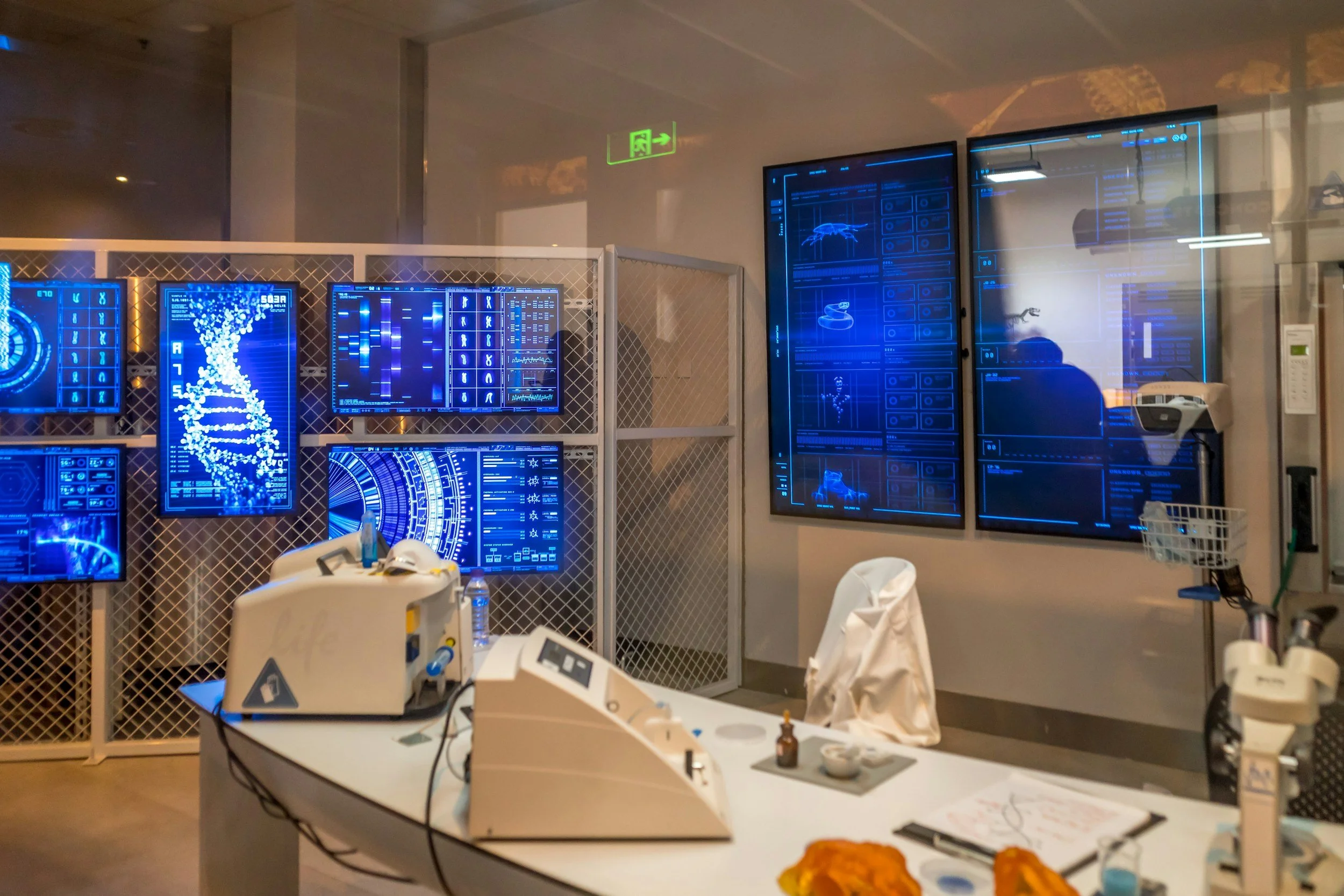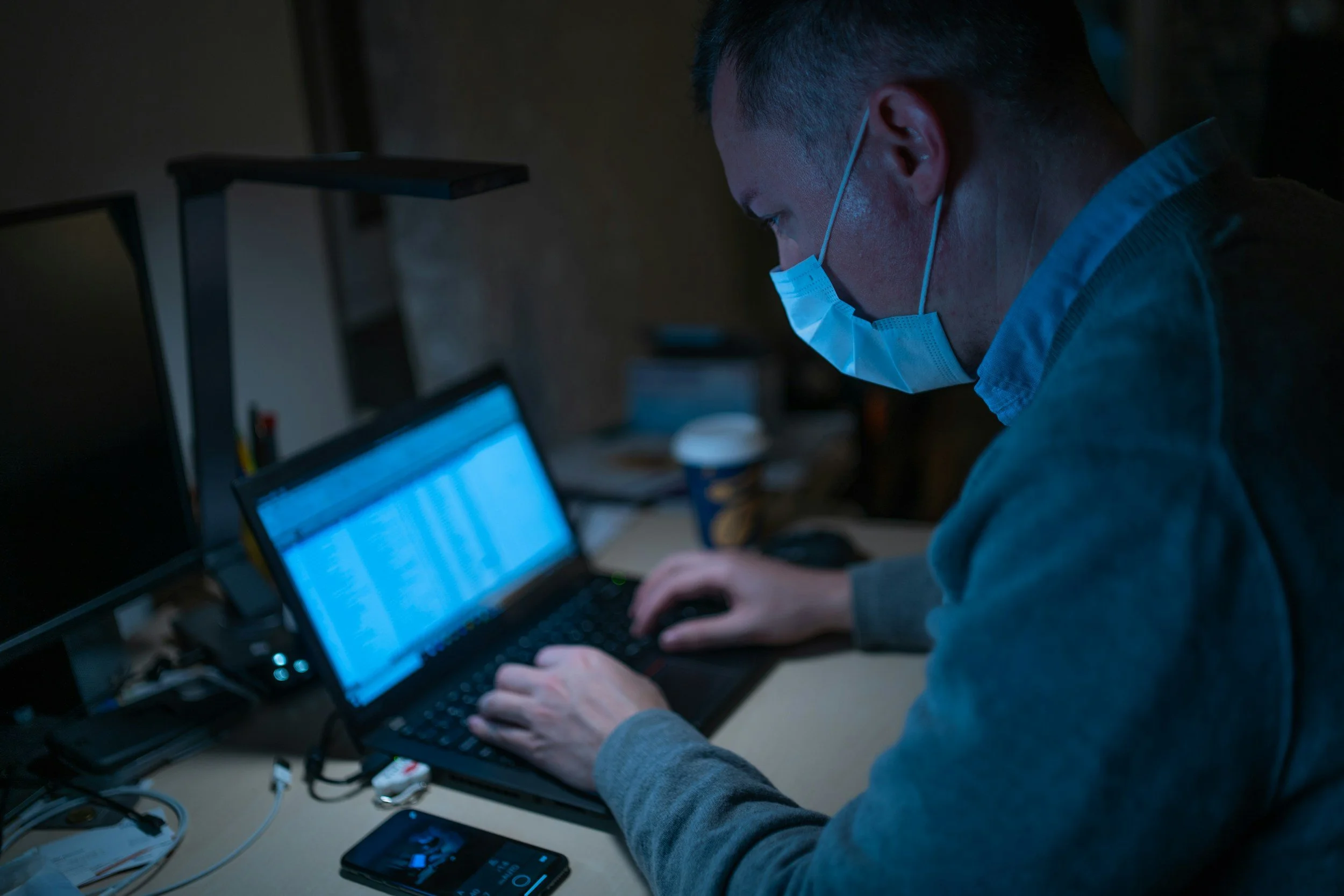Cyber Security in healthcare
The healthcare industry’s rapid and widespread adoption of digital technologies is transforming care delivery. However, it also creates a number of new and potentially damaging cyberthreats that threaten to impact organizations’ activities and put patients at risk.
Cybersecurity is now a critical part of the healthcare industry — from safeguarding sensitive patient data to ensuring that all healthcare operations are resilient, protected, and available. We at health-e-financials can work as your partner guiding as North Star on this journey.
Cybersecurity is the critical foundation for digital transformation in healthcare, which involves modernising electronic health records (EHRs), telemedicine, AI diagnostics, and connected medical devices. This transformation, while beneficial, increases healthcare systems' vulnerability to cyberattacks that can disrupt patient care and compromise sensitive data. A strategic cybersecurity approach is therefore essential to prevent, detect, and respond to threats, ensuring patient safety and maintaining trust in digital healthcare systems.
Why it matters
Increased Vulnerability:Digital transformation introduces more connected devices and data, expanding the attack surface and making the healthcare sector a prime target for cybercriminals.
Consequences of Attacks:Cyberattacks can lead to severe consequences such as delayed medical procedures, disruptions to emergency services, and compromised patient trust, impacting the integrity of patient data and overall care.
Valuable Data:Sensitive patient health data is a valuable target, making robust cybersecurity essential for protecting this information and maintaining patient privacy.
Key Aspects of Cybersecurity in Healthcare Transformation
Cyber Resilience:Moving beyond traditional security to build systems that can prevent threats, minimize the time to detect and respond to attacks, and ensure continuity of care.
AI and Data Integrity:With the growing integration of AI in healthcare, cybersecurity is vital for protecting AI systems and ensuring the integrity of the vast amounts of data they process.
Securing Connected Devices (IoT):Cyberattacks often target the increasing number of connected devices, such as patient monitors and diagnostic tools, requiring strong security measures for the Internet of Things (IoT).
Strategic Approach:This requires a shift from technical security alone to a strategic leadership role for CISOs (Chief Information Security Officers), focusing on comprehensive security controls, risk intelligence, and cyber hygiene across departments.
Collaboration:Effective cybersecurity demands collaboration among IT, clinical, and administrative leaders, as well as strong partnerships with vendors to ensure the security of the entire healthcare ecosystem.
Proactive Measures:Key preventative actions include implementing advanced encryption, multi-factor authentication, regular security audits, and providing cybersecurity training to staff.


